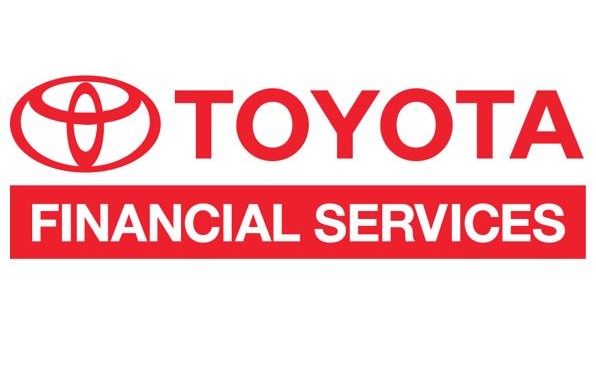Toyota Financial Drives “Data Science for Good” with FICO Analytics
Blog: Enterprise Decision Management Blog

An unabashed data geek, I’m fascinated by every facet of analytics and data science, including the growing movement to apply commercial data science techniques for social good. That’s not normally what people think about when the topic turns to debt collection. But using “data science for good” is exactly what Dr. Jim Bander did at Toyota Financial, implementing FICO Decision Management Suite to optimize the automotive lender’s practices, and keep more drivers in their cars and their credit history clean.
“We have two core values here at Toyota: respect for people and continuous improvement,” Bander says. “Going into debt collections is a hard time for a lot of people, but our goal is to respect them throughout the process and to keep them as Toyota and Lexus drivers. We want them coming back as future customers.”
Continuously improving decision models
Toyota Financial began emphasizing collections after the 2008 financial crisis, when a surging volume of delinquencies exceeded the reach of its internally developed decision framework. “I was brought in for Phase 3 of the collections project and we brought in FICO in 2012,” Bander recalls. “Although Toyota Financial had weathered the storm of 2008 and 2009, the company had a commitment to focus on debt management. My slogan during that time was, ‘You build a roof when the sun is shining,’ and we set out to create a framework to continuously improve the way we approach collections.
“I have a Ph.D. that focused on optimization [Ed.: Love it!], and I’ve brought a real scientific bent to a decision management group that operates within one of the service centers,” Bander continues. “We’re here helping the customer service reps who are ‘living and breathing’ collections, creating strategies that help agents as well as customers.”

Empowering agents to make fair decisions
One of the key techniques the Toyota Financial framework employs is allowing financially stressed customers to skip a payment. Bander’s model provides an extension risk code to the agent, “allowing the reps to use some science in deciding whether to allow a customer to skip a payment,” he says. Any decision must be made within the parameters of strict regulations covering fairness in lending, to ensure consistent treatment across Toyota Financial’s 4.4 million customers.
FICO consulting brings deep expertise
To accelerate development of the framework, Bander engaged FICO consulting “to help us with their expertise in providing predictive and prescriptive analytics,” he says. It was an interactive, collaborative process. “There was some give and take with FICO; I originally hired FICO consulting to build my vision and laid out the differences between automotive and credit card collections. Ultimately FICO convinced me we would produce the model faster by adopting the science that had been proven in the credit card space.”
Since the completion of the project, “we’ve adopted FICO’s framework and really internalized it. During the project I said to FICO, ‘Don’t give me a fish, give me a fishing boat,’” Bander says. “Today, we are able to use the system, apply the best strategy we know to our customers currently in collections, and gather data for future iterations of predictive and prescriptive analytics.
“Every quarter,” he says, “My team builds an even better strategy than we had the quarter before.”
Meaningful results
Bander’s new collections model has allowed him to realize Toyota Financial’s ideal of continuous improvement. Compared to Phase 2 of the collections analytics initiative, 1,600 more repossessions have been avoided, and 10,000 consumers have been saved from derogatory marks on their credit report. “This is a huge accomplishment, and what I’m most proud of with this work,” he says.
Bander sums up, “Finance is a cyclical business. We know that there are going to be good times and bad times. We know the bad times are even harder on our customers than they are on us. Toyota Financial is in business of keeping people in their cars and on the road, and FICO has played a big role in helping us do exactly that.”
Congratulations to Jim on his team’s excellent work, which not only won Toyota Financial the FICO Decisions Award for 2015 for Debt Management, it also got Toyota named Best in Analytics in the InformationWeek Elite 100. We are now taking nominations for the 2016 FICO Decisions Awards – if you’ve got a great story to share, we invite you to apply!
The post Toyota Financial Drives “Data Science for Good” with FICO Analytics appeared first on FICO.
Leave a Comment
You must be logged in to post a comment.







